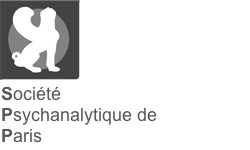|
Résumé :
|
Three questions motivate this paper's investigation of various intersections between the work of Frantz Fanon and Jacques Lacan. First, what hitherto under-explored references to Lacan's work are to be found in Fanon's earliest (recently translated) psychiatric work? Second, moving beyond the remit of explicit citation: what subtle conceptual parallels and affinities exist between the work of these two theorists? Third, what contemporary rearticulations of Fanon's thought and political agendas are made possible via Lacanian theory? Exploring Fanon's earliest work shows that a number of Lacanian postulates exercised an influence on the young Martinican, including, amongst others: ideas of imaginary misrecognition, the paranoiac ego, the role of the image, and the notion of a historically founded logic of madness. Reviewing the literature on Fanon–Lacan helps, furthermore, in foregrounding a series of often understated conceptual parallels between the two theorists, including the priority afforded language and speech, the question of sociogeny, the role of social (or symbolic) structure, the notions of fantasy (Fanon's ‘Negro myth’) and of a social (or trans-individual) unconscious (as in Fanon's ‘European collective unconscious’). A notable finding regards how contemporary theorists have applied Lacanian ideas in rearticulations of Fanon's thought concerning the predominance of the topic of racist temporality. There are thus greater possibilities for critical analysis to be found in conjoining Fanonian and Lacanian theory than has generally been acknowledged by Fanon scholars.
|





